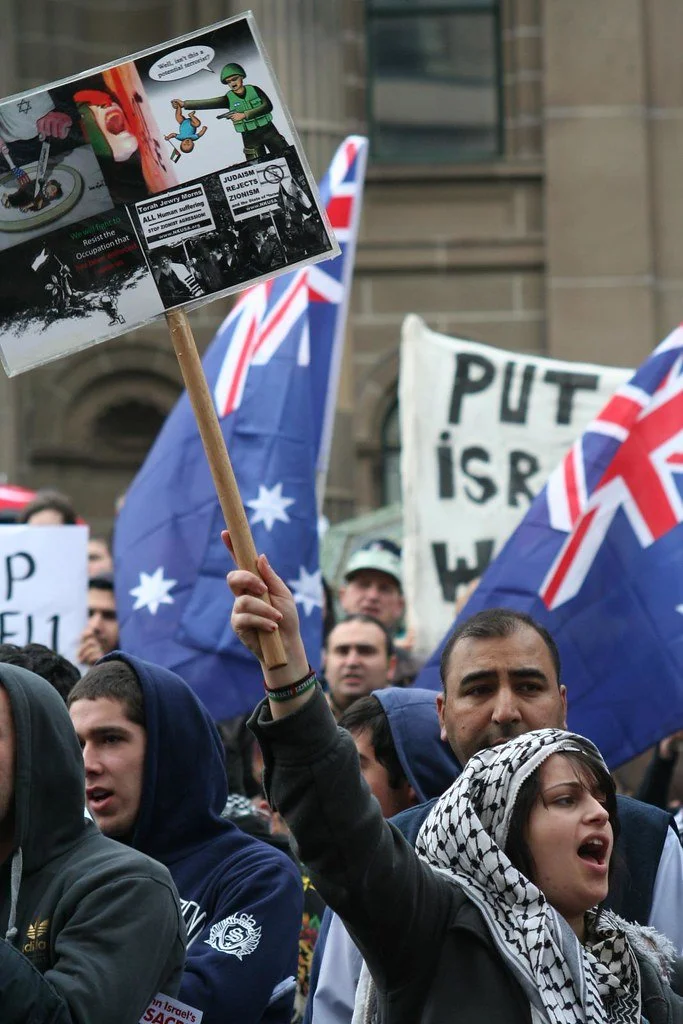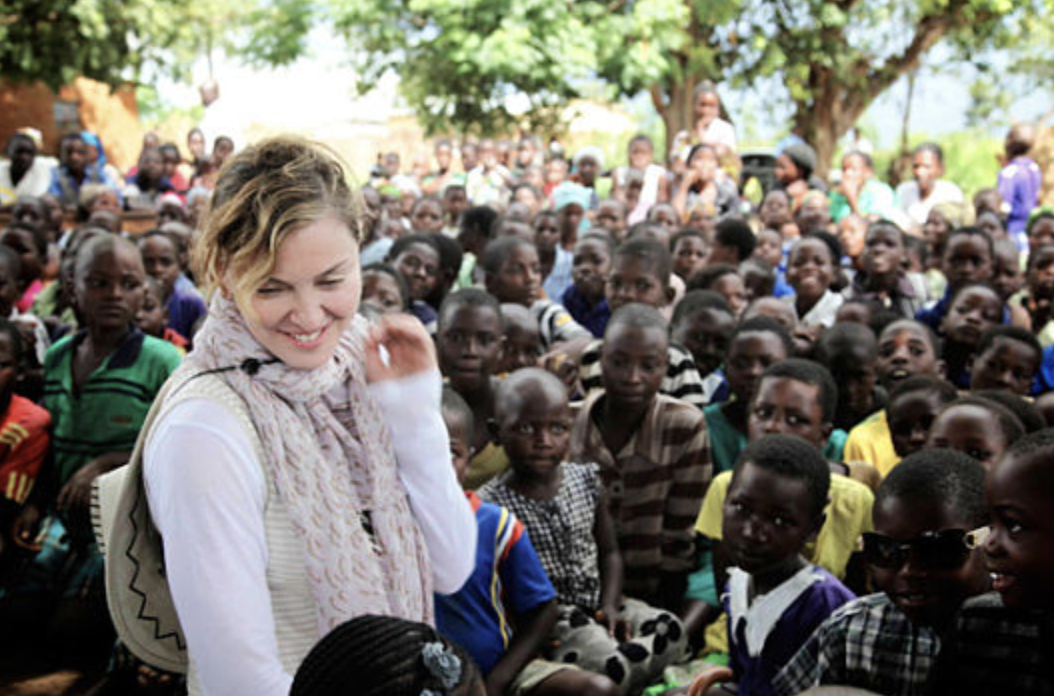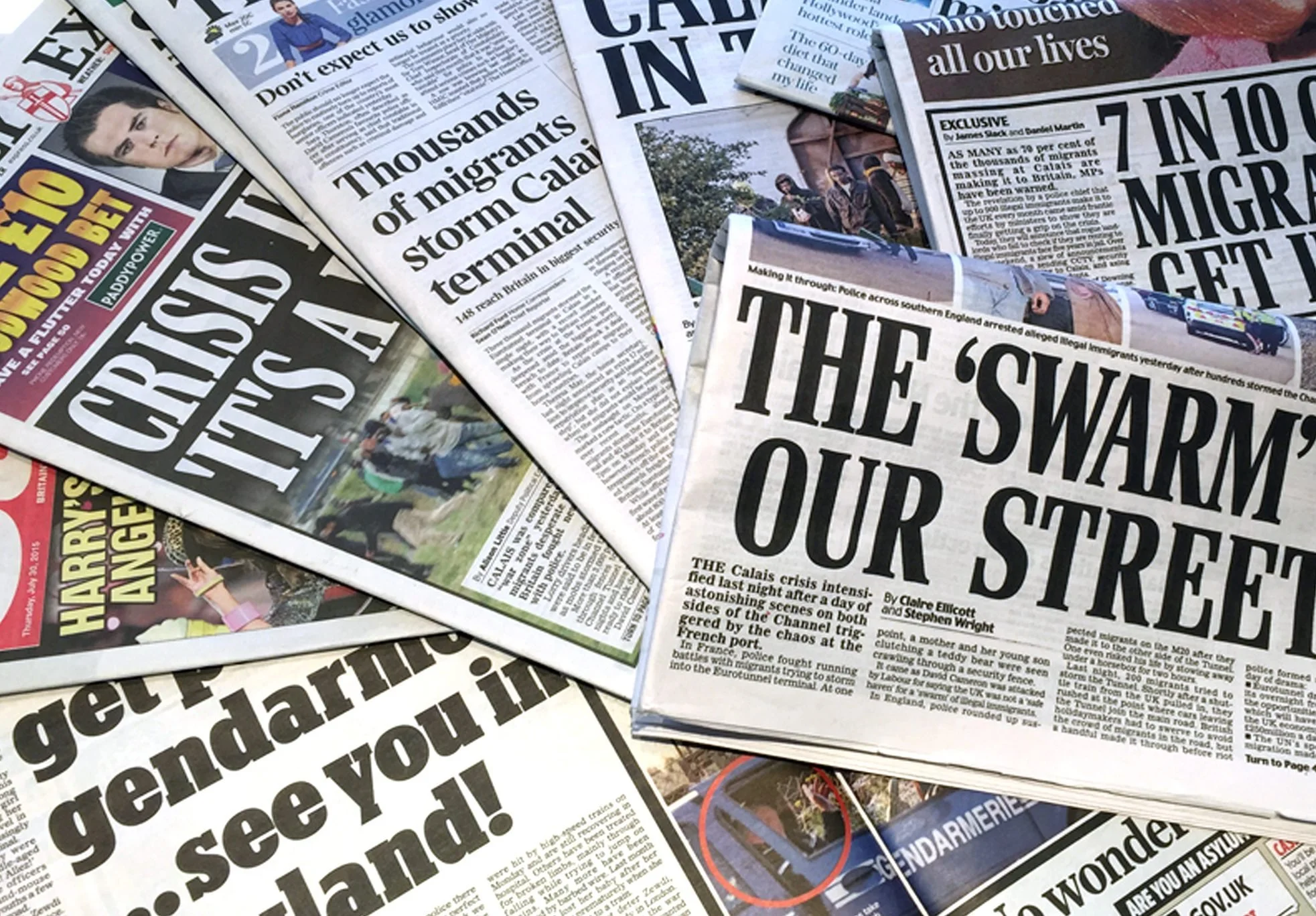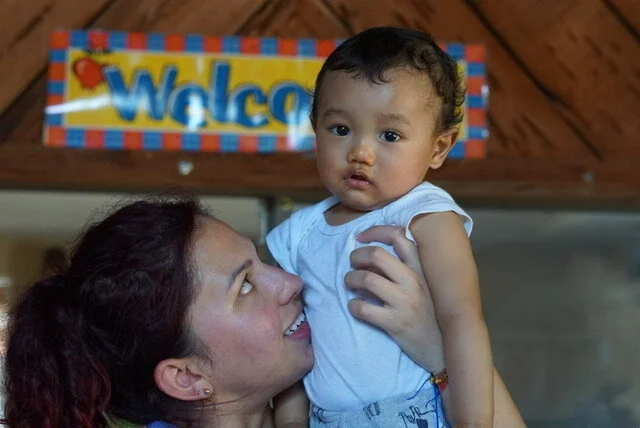Throughout the course of human history, war has been ruthless, often senselessly tearing apart families and livelihoods during callous power struggles between two belligerent parties who unnecessarily involve innocent people. It was not until fairly recently in human history that conventions occurred to attempt to make fighting more humane. Due to the lack of consensus on a war crime and the tendency of attacking forces to disregard human life, much less human dignity, the exact definition of a ‘war crime’ and ‘crimes against humanity’ remains elusive. Generally speaking, a war crime is a “serious violation of the laws or customs of war as defined by international customary law and international treaties,” and can apply to civilians and armed soldiers, while crimes against humanity apply to civilians (Penrose, 2022 & “Crimes Against Humanity”, n.d.).
Advancing Refugee and Migrant Health Worldwide
With the release of the World Health Organization’s (WHO) first-ever report on refugee and migrant health on July 20, 2022, comes a crucial discussion on the urgent actions that need to be taken to ensure that healthcare is accessible to all. Currently, one out of every eight people worldwide is a migrant or is displaced, and this issue continues to grow as a result of various reasons ranging from war, climate change, disease, and famine to seeking better jobs, education, and better overall quality of life. Refugees and migrants bring many skills and talents wherever they relocate to and do contribute significantly to their host country’s economy as productive members of society, yet their health is not a priority in many of these countries.
Hosting Refugees: How Nations Can Help Mitigate the Effects of Forced Displacement
With the outbreak of the war in Ukraine contributing to the ever-growing refugee crisis around the world, it is important to shine a light on the many reasons why hosting refugees is beneficial, not only to the refugees themselves, but also to the countries that host them.
Dr. Craig Loschmann, a research fellow at UNU-MERIT focusing on analyzing conflict-related migration, argues that the mere economic benefits of hosting refugees outweigh the possible associated risks. His experience participating in different UNHCR-funded projects in refugee camps in Burundi and Rwanda led him to conclude that hosting refugees can help…
High-Income Country Privilege and How it Affects Refugees
The refugee crisis is one of the largest humanitarian crises in the world. That being said, before discussing how people who live in the high-income countries (HICs) (Europe and America are the main ones to note) have imposed a superiority complex disguised as heroism, it is essential to note a few things. This is a very sensitive issue and should be treated as such. Additionally, this post is a glimpse into many nations’ shortcomings in regards to the refugee crisis, so in no way is this a localized issue. This post will highlight some of the many ways people who live in high income countries have imposed a superiority complex and how it has harmed refugees and their communities, with sources all being from a refugee’s perspective….
States and the Stateless: How Nationalism Drives Xenophobia and Anti-Immigrant Sentiment
Whenever I lead any educational presentation for GRMR, I like to start off by asking the group what they think of when they hear the words refugee or migrant. I encourage the group to consider the images, news stories, and identifiers they have seen in media and political discussions. Without fail, the discussion always turns to the ways in which the 2016 election and the administration which followed changed the idea of who refugees and migrants are. Asylum seekers became illegal aliens, and migration a threat to the socioeconomic success of the country. This disdain for refugees and migrants does not stem simply from a place of xenophobia or isolationism…
The Pandemic and How it Fueled a Tutoring Evolution
It has been 18 months since the pandemic forced us to shut down our regular operations. During that time of panic and confusion, the previous Education Director and her team were able to come up with our online tutoring format. Within 2 months she had set up a website, a google classroom, as well as a tutoring committee in order to launch our tutoring services in a safe and effective manner. At the time, I was a freshman. I had joined GRMR just 2 months before and fell in love with the activities and the culture. The best part of working with GRMR, was meeting the students, and getting to know their different personalities. The community was so lively…
Reflection on Jordan International Aid Trip
In November of 2019 Gators for Refugee Medical Relief (GRMR) joined the organization Atlantic Humanitarian Relief (AHR) to provide medical and humanitarian aid to Syrian, Palestinian, Yemeni, and Iraqi refugees in the Kingdom of Jordan.
I had the privilege of joining Valentina Fandino, Nikka Bakhtiar, Nickou Memari, Nushrat Nur, and Alyssa Quinn from GRMR on this mission. The night before our trip, we all met at Valentina’s apartment and we packed all of the medical supplies we fundraised for as a club to bring to Jordan. We each had one suitcase for our clothes, and one suitcase full of the donations we collected. It took a day and a half of travel to get to Amman. We had a twelve-hour overnight layover in New York City before our flight to Doha, Qatar, and then finally to Amman.
Once we arrived, we all…
Welcome to our Blog!
Thank you for tuning into our blog page. Emma, our public relations director, has been working so hard to get it running! So thank you Emma, your work is impeccable. We appreciate you so much.
Gators for Refugee Medical Relief started in the summer of 2017 in response to the growing tension in the media and the world revolving refugees' status and assistance. A group of students at the University of Florida reached out to local communities to provide academic and professional development services to refugee and migrant families relocated to Northern Florida. As mentioned in other sections, the United Nations HCR now estimates the number of forcibly displaced persons at…







